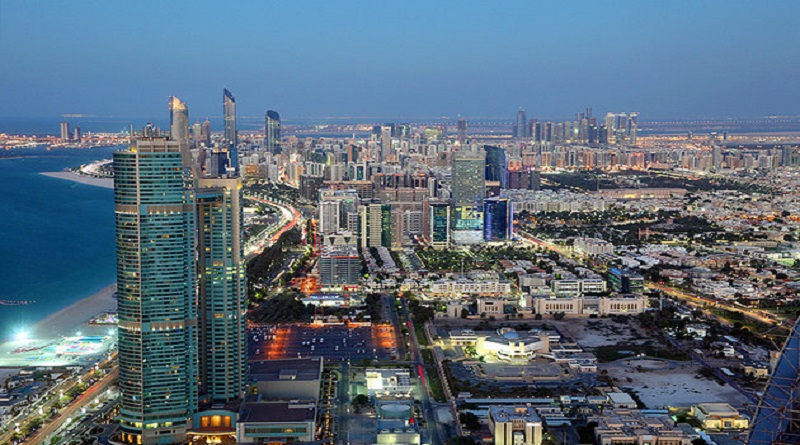Abu Dhabi to host World Urban Forum in 2020
The United Nations Human settlements Programme (UN-Habitat), the convener of the World Urban Forum (WUF) on Thursday March 23, 2017 announced her decision after concluding the bidding process for WUF10 that Abu Dhabi, capital of United Arab Emirates, will host the Tenth session of the WUF in 2020.
United Nations Under-Secretary-General and UN-Habitat Executive Director, Dr. Joan Clos, has informed Minister of State for Foreign Affairs, Anwar bin Mohammed Gargash, of the decision.
WUF10 will be the first Forum to be held in the Arab region and it will be particularly relevant to the implementation of the New Urban Agenda after its adoption in Quito, Ecuador, in 2016, and the Ninth session of the World Urban Forum to be held in Kuala Lumpur in February 2018.
Dr. Clos has extended his congratulations to Abu Dhabi and the Government of the United Arab Emirates and has highlighted the importance of organizing WUF10 in a region that has experienced rapid urbanization in the past years and that is now focusing on directing urban development in a sustainable way.
Clos said that “WUF9 and WUF10 are key platforms where we will be able to review how we are all managing sustainable urban development, achieving the Sustainable Development Goals and implementing the New Urban Agenda”.
The World Urban Forum (WUF) is a non-legislative technical forum convened by the United Nations Human Settlements Programme (UN-Habitat) since 2002.
The United Nations General Assembly in its resolution 69/226 recognizes the World Urban Forum as the foremost global arena for interaction among policymakers, local government leaders, non-governmental organizations and expert practitioners in the field of sustainable urban development and human settlements.
The Forum gathers a wide range of experts from every walk of life. Participants of the Forum include, but are not limited to, national, regional and local governments, non-governmental organizations, community-based organizations, professionals, research institutions and academies, professionals, private sector, development finance institutions, foundations, media and United Nations organizations and other international agencies.
The number and diversity of participants since the first World Urban Forum held in Nairobi in 2002, with 1,200 participants, has increased exponentially, peaking in WUF7 held in Medellin, Colombia, in 2014, with over 22,000 participants.
The New Urban Agenda was adopted in October 2016 at the United Nations Conference on Housing and Sustainable Urban Development (Habitat III) in Quito, Ecuador. It is a result of a unique consensus among all participating states. The document sets out a common vision and global standards for urban development in the coming decades. The New Urban Agenda offers a paradigm shift in the way we think, build, and manage cities.




